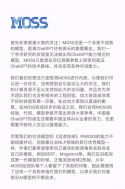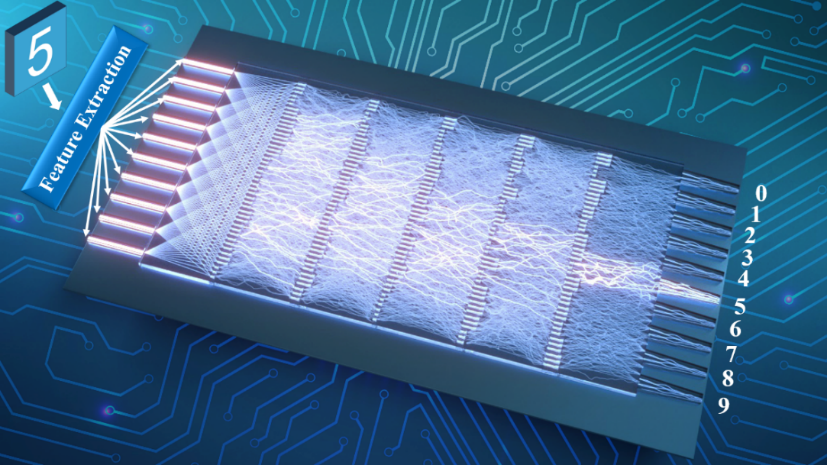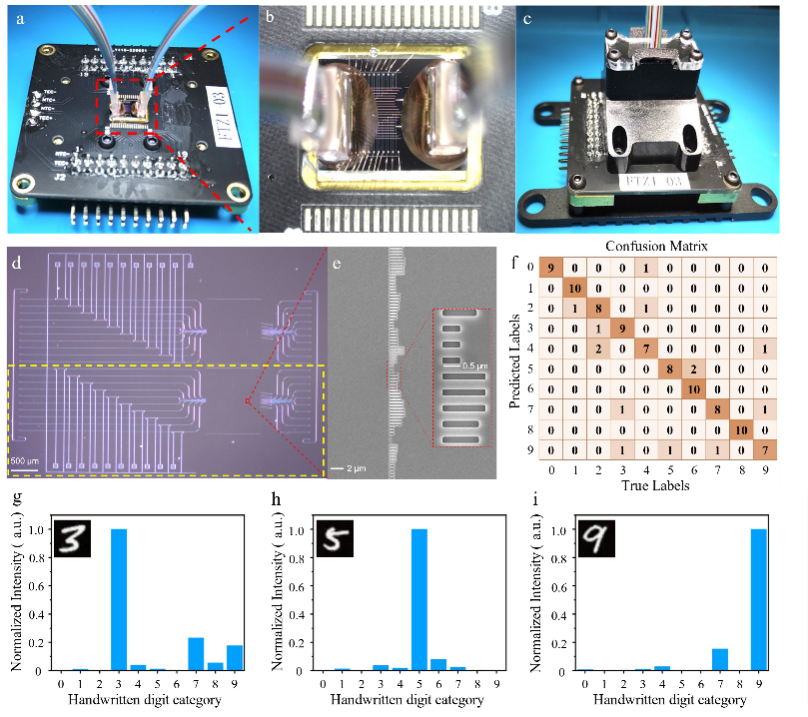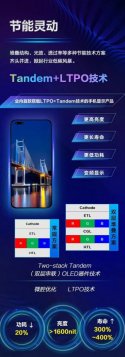supercat
Colonel
I guess this is important for China's auto industry: China Association of Automobile Manufacturers just rolled out "Automotive Operating System Open Source Plan".
Midea/KUKA's robots play a crucial role in the auto industry.
News from IT House on February 19th, on February 18th, the Software Branch of China Association of Automobile Manufacturers (hereinafter referred to as: Software Branch) released the China Automotive Operating System Open Source Plan (hereinafter referred to as: Open Source Plan).
IT Home learned that Puhua Basic Software responded positively, and as one of the core initiators of the open source plan,The member units of the United Software Branch are FAW, Dongfeng, Changan, China Automobile Chuangzhi, China Electronics Technology 32, Western Zhilian, Horizon, Xinchi, Advanced Operating System Innovation Center, University of Electronic Science and Technology of China and other enterprises and universitiesform an open source co-construction partner, and implement an open source plan.
Midea/KUKA's robots play a crucial role in the auto industry.




